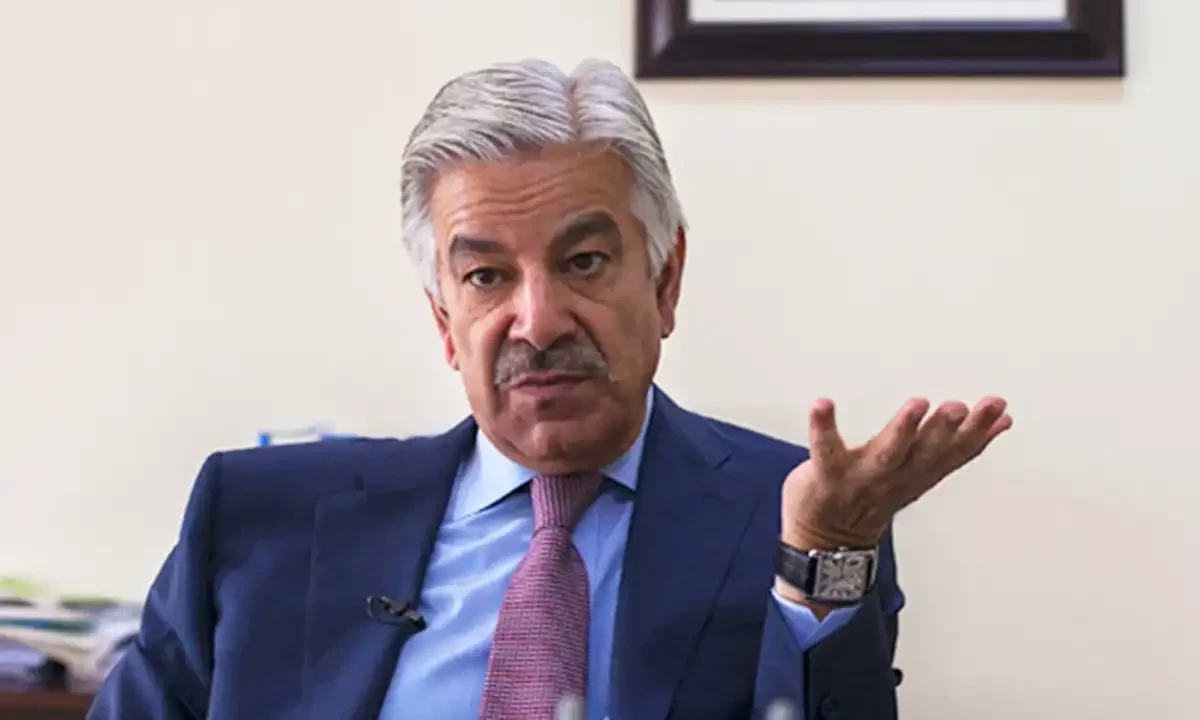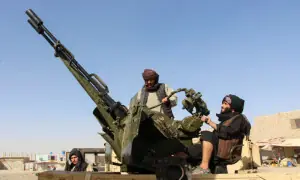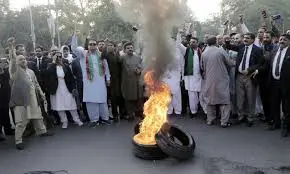Simla Accord collapse would erase LoC, warns Pakistan defense minister
Defence Minister Khawaja Asif has said that if the Simla Agreement collapses, the Line of Control (LoC) between India and Pakistan would no longer exist and would revert to a ceasefire line, while calling out India’s “arrogance” and efforts to hide its embarrassment.
In an interview on Aaj News’ News Insight, Khawaja Asif sharply criticised India’s stance on the current military tensions, stating: “India does not want to give the impression that the ceasefire was its own decision. Its arrogance and pride have been buried in dust.”
He accused the Indian government and media of constructing a false narrative, saying, “Indian media treated the situation like a film, fuelling a market of lies.”
Asif warned that the Simla Accord is central to the existence of the LoC, saying if the Simla Agreement ends, there will be no Line of Control. It would simply become a ceasefire line.
He further alleged that India’s ruling elite is facing accusations of buckling under U.S. pressure.
The defene minister mocked India’s denial regarding recent aerial incidents: “The world now has the Rafale’s tail number, but India still insists they were drones.”
Reflecting on Pakistan’s history, Asif said that “it’s our misfortune that we took part in two wars that were never ours. Both were driven by dictators’ compulsions.”
He also criticised former President Pervez Musharraf for giving away more than was demanded and arresting innocent people under external pressure.
PTI
On the domestic political front, Asif lashed out at PTI, claiming that PTI had turned political rivalry into personal hostility.
“They insult the establishment and have likely made their own return very difficult,” he said adding PTI leaders behaviour reflects the same attitude as the party founder.
Asif expressed pessimism about progress in any political dialogue. saying PTI had left little room after what it has done.
He acknowledged past differences between the PML-N and PPP but said, “crude statements are a reality in world politics.”
He added that the current institutional gaps would soon be filled, partly by the judiciary and the Election Commission.
For the latest news, follow us on Twitter @Aaj_Urdu. We are also on Facebook, Instagram and YouTube.























Comments are closed on this story.